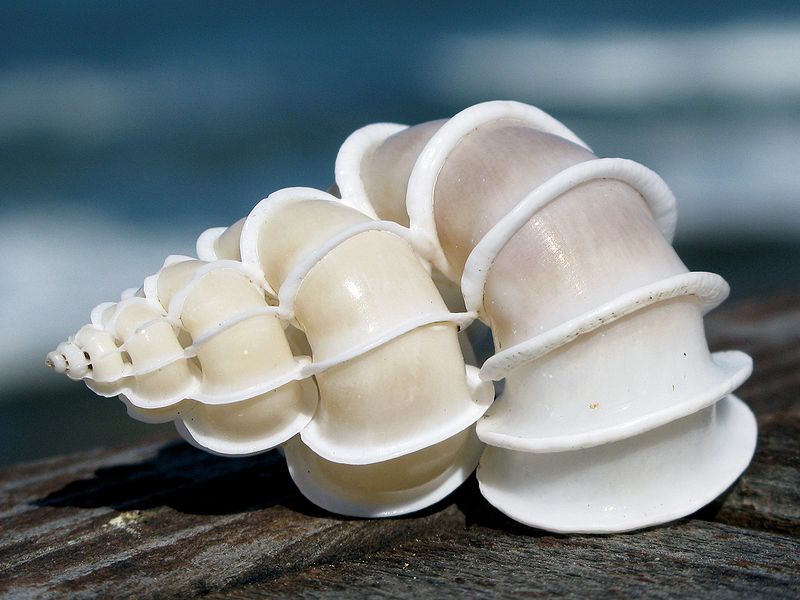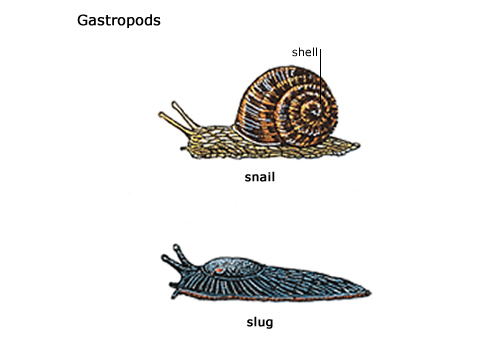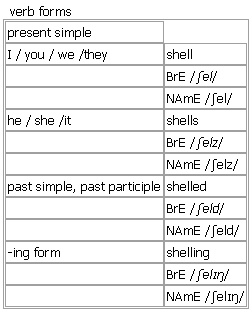|
Từ điển Oxford Advanced Learner 8th
 shell
shell

shell [shell shells shelled shelling] noun, verb BrE [ʃel] NAmE [ʃel]
noun 
1. countable, uncountable the hard outer part of eggs, nuts, some seeds and some animals
• We collected shells on the beach.
•snail shells
•walnut shells
•earrings made out of coconut shell
see also ↑eggshell, ↑nutshell, ↑seashell, ↑tortoiseshell
2. countable any object that looks like the shell of a ↑snail or sea creature
•pasta shells
3. countable a metal case filled with ↑explosive, to be fired from a large gun
• A shell burst only yards away from us.
4. (NAmE) = ↑cartridge
5. countable the walls or outer structure of sth, for example, an empty building or ship after a fire or a bomb attack
• The house was now a shell gutted by flames.
• (figurative)My life has been an empty shell since he died.
6. countable any structure that forms a hard outer frame
•the body shell of a car
7. singular the outer layer of sb's personality; how they seem to be or feel
•She had developed a shell of indifference.
Word Origin:
Old English scell (noun), of Germanic origin; related to Dutch schel ‘scale, shell’, also to ↑scale ‘thin plates that cover the skin of many fish and reptiles’. The verb dates from the mid 16th cent. in sense 2.
Example Bank:
•I had become a hollow shell.
•Male crabs shed their shells twice a year.
•Remove the mussels from their shells.
•She had built up a protective shell around herself.
•The fire reduced the school to a hollow shell.
•The garden was littered with empty snail shells.
•The snail went back into its shell.
•The telltale sound of an incoming shell was heard.
•They braved heavy shell fire to rescue the wounded.
•Two shells hit the roof.
•a heap of spent brass shells from a machine gun
•creatures that have shells
•soldiers suffering from shell shock
•tank-busting guns that fired depleted uranium shells
Idioms: ↑come out of your shell ▪ go/retreat into your shell
Derived: ↑shell out ▪ ↑shell something out
verb
1. transitive, intransitive ~ (sth) to fire shells at sth
•They shelled the city all night.
•Just as they were leaving, the rebels started shelling.
2. transitive ~ sth to remove the shell or covering from nuts, ↑peas, etc.
Verb forms: 
Word Origin:
Old English scell (noun), of Germanic origin; related to Dutch schel ‘scale, shell’, also to ↑scale ‘thin plates that cover the skin of many fish and reptiles’. The verb dates from the mid 16th cent. in sense 2.
Example Bank:
•Just as they were leaving the rebels started shelling.
|
|
|
▼ Từ liên quan / Related words
Related search result for "shell"
|
|
